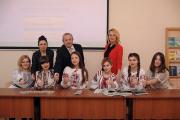У гостях гуртка «Соціальний практик» – старшокласники столиці
20 лютого 2018 року відбулася зустріч учасників гуртка «Соціальний практик» зі старшокурсниками спеціалізованої школи з інформаційних технологій № 61 Шевченківського району м. Києва.
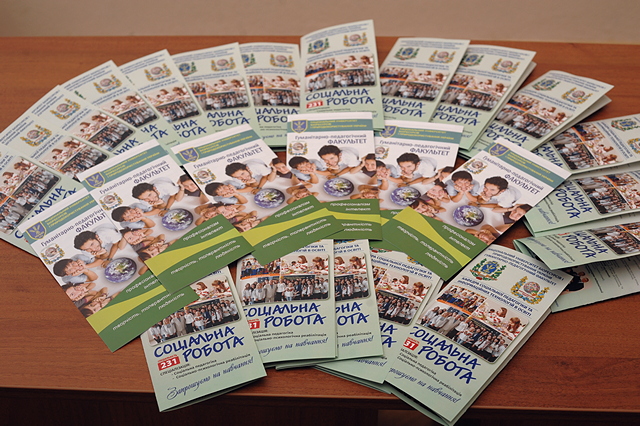


На гостину до гуманітарно-педагогічного факультету їх привела вчителька географії І.Л. Шиманська, адже поки що представники столичних вишів приїздили до їхньої школи, а ось до себе покликали вперше в НУБіП.
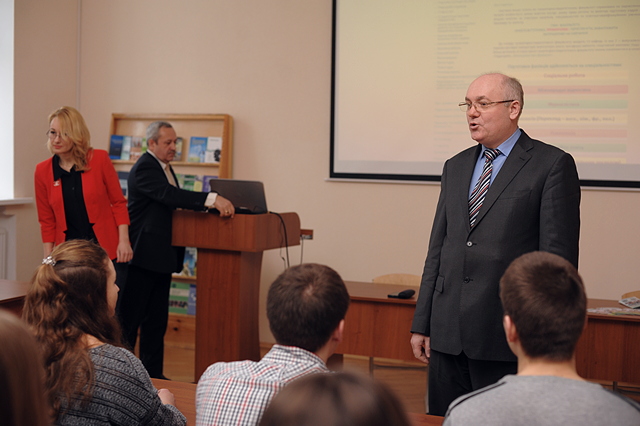

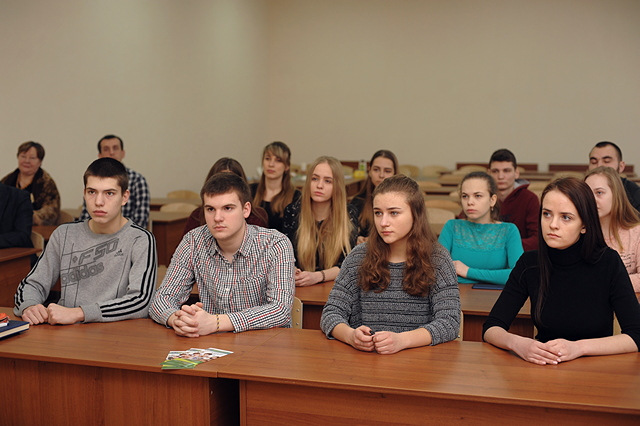
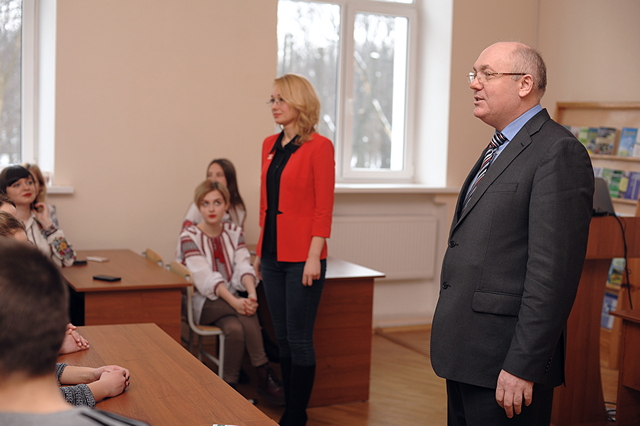

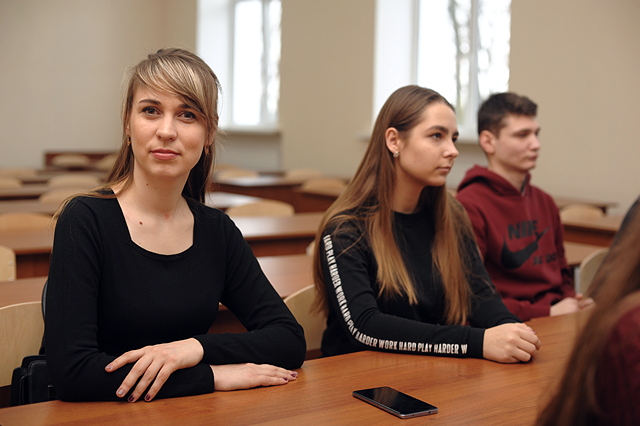
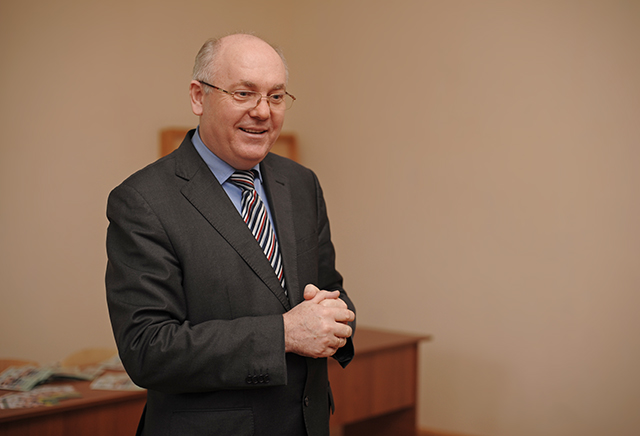
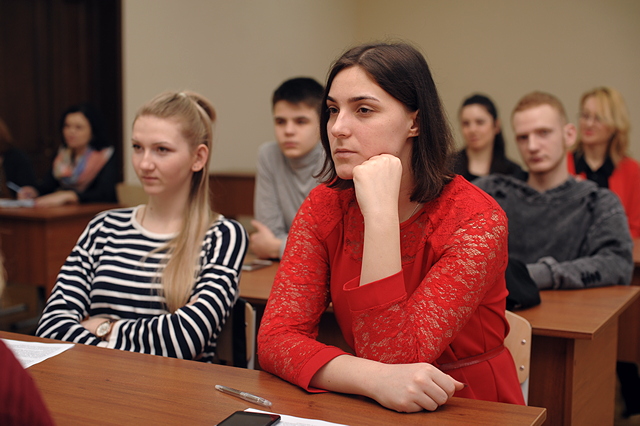

Школярі поспілкуватися з деканом Василем Шинкаруком, попрацювали у комп’ютерному класі, побувати на кафедрі соціальної педагогіки та інформаційних технологій в освіті, вислухати гуртківців «Соціального практика», відвідали ботанічний сад і спортивний комплекс.
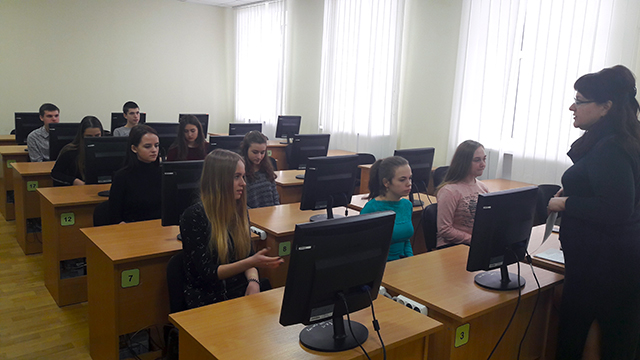

І все за один день! День, сповнений надій і сподівань – не помилитися, у всьому розібратися, до всього дійти власним розумом. Сьогодні вони ще обирають (навіть одинадцятикласники!), ще дехто з десятикласників розгублений, проте неодмінно вони згадають цей день влітку, коли стануть вже абітурієнтами. І він допоможе їм зробити вірний вибір.
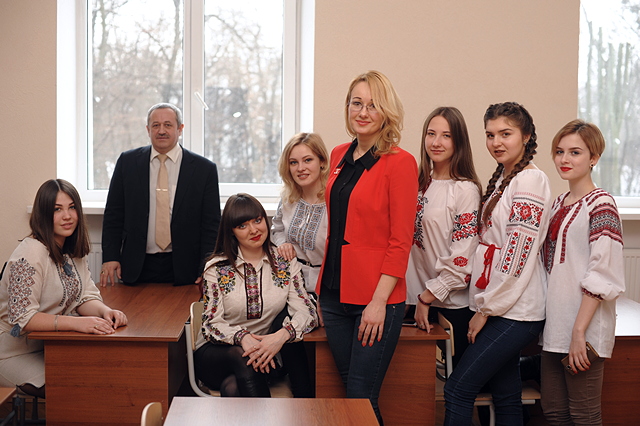
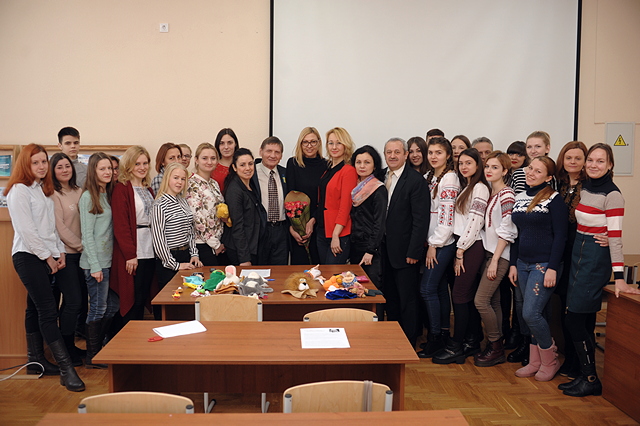
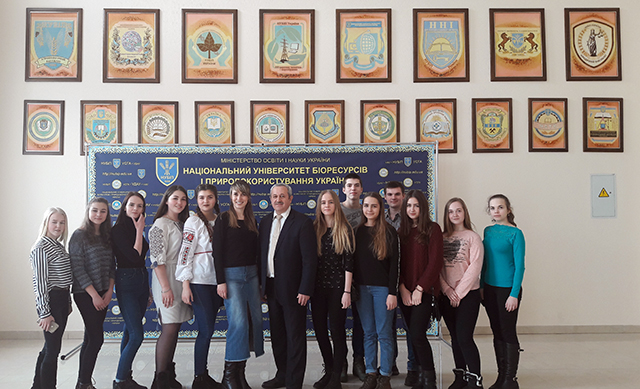
Тамара Ковальчук, Леся Вікторова,
Геннадій Ржевський
